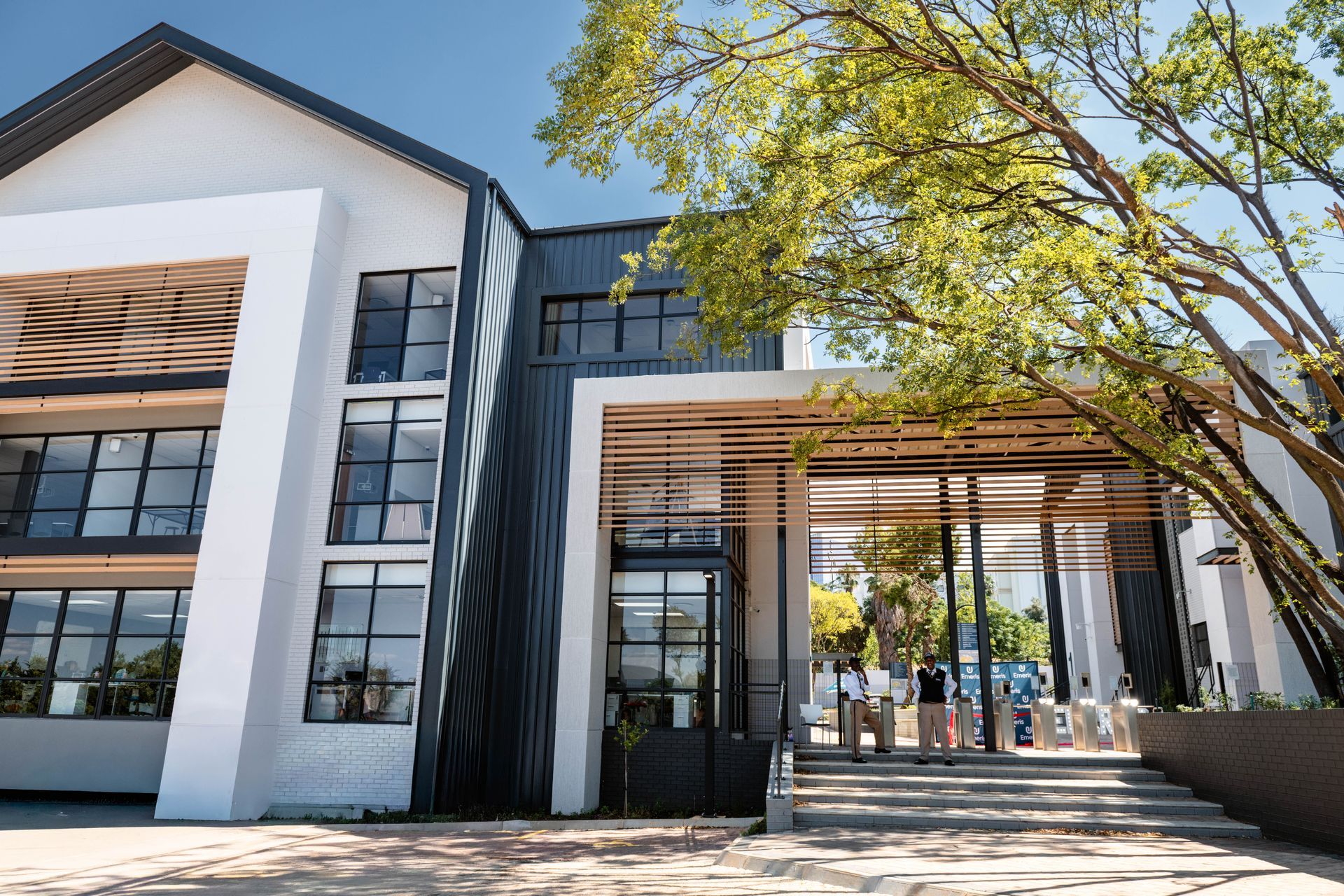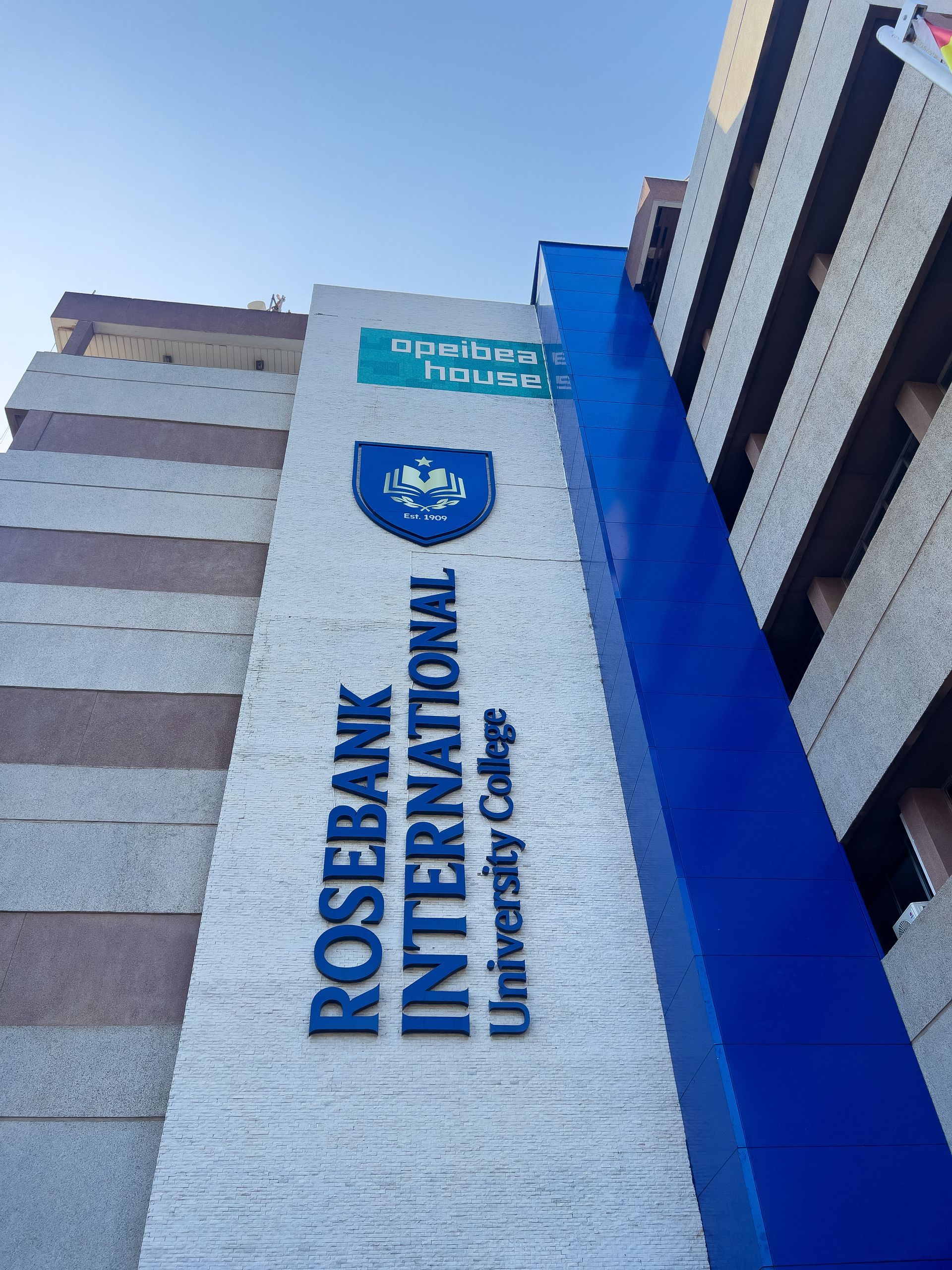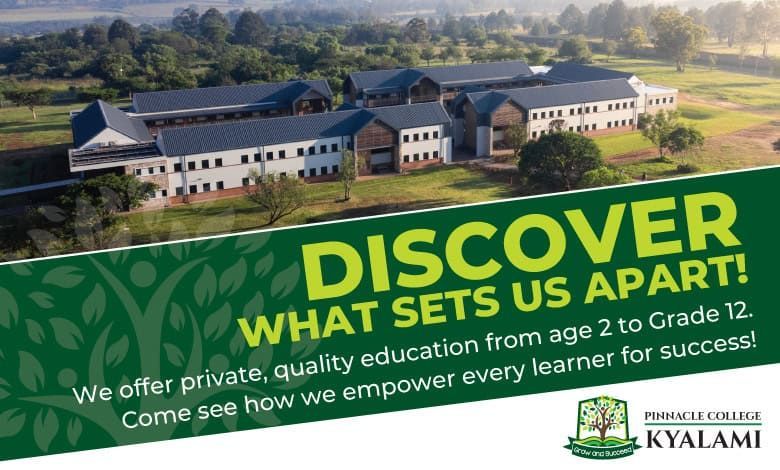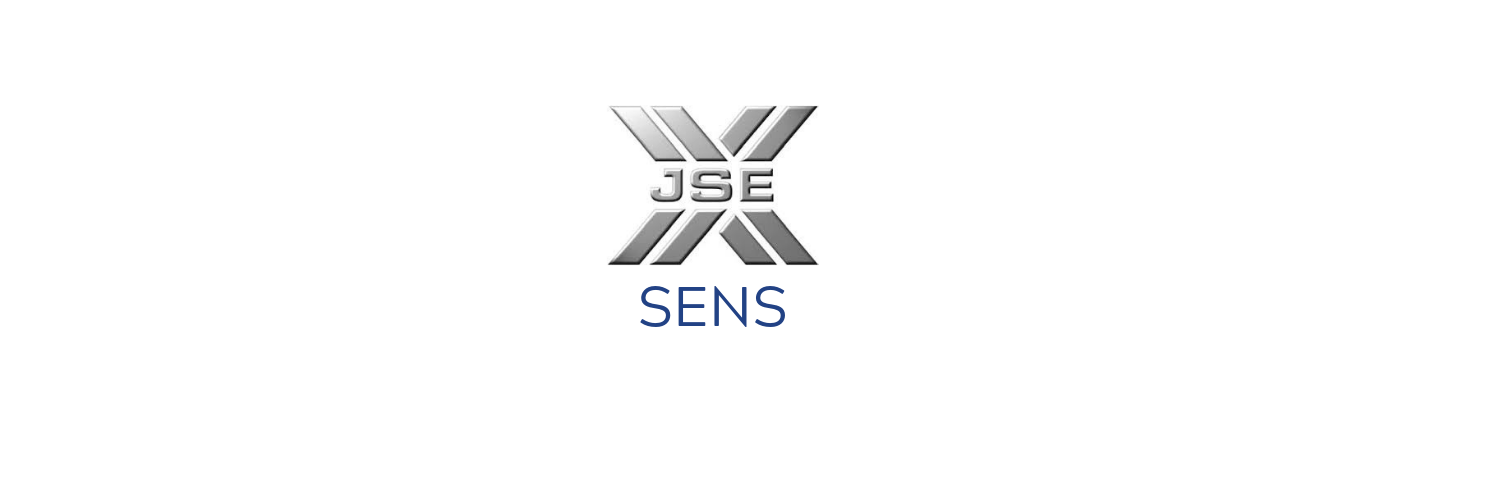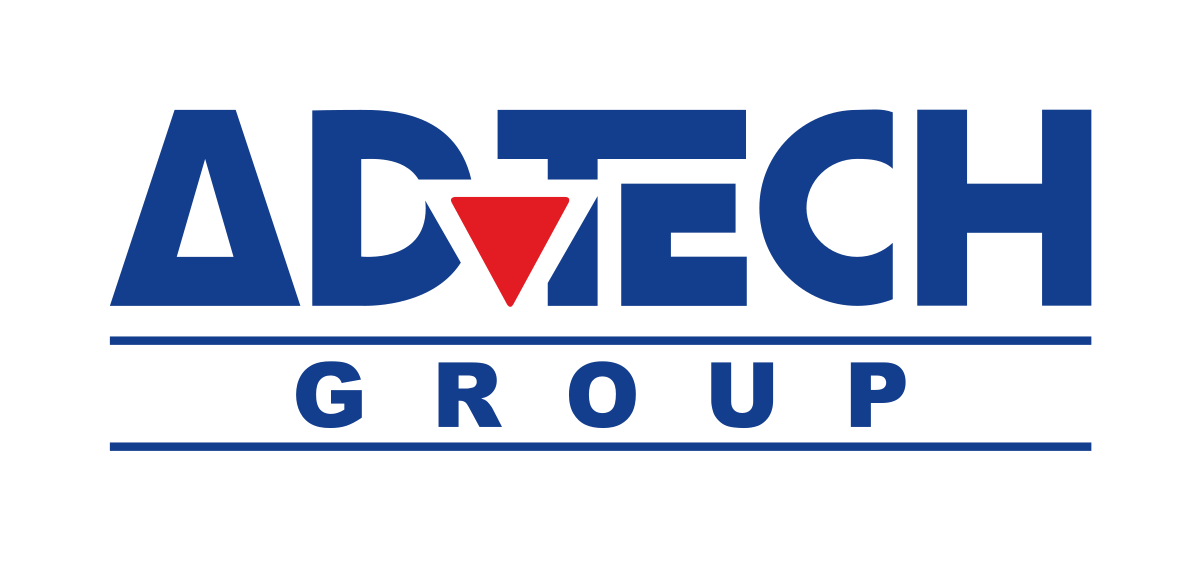Another strong performance on the back of continued enrolment growth
Johannesburg, 27 March, 2023: Commenting on the results, ADvTECH CEO, Roy Douglas, said: “ADvTECH has delivered a strong set of results for the financial year ended 31 December 2022. This continued trend of delivering a consistent performance is reflective of the quality of our assets, the group’s scale and resilience. Furthermore, the decision to invest in selected African markets is now contributing significantly to operating profit.”
Operational and financial performance
· Strong financial performance
· Strong cash generation and sound balance sheet
With good enrolment growth in both the schools and tertiary divisions complemented with increased business activity in the resourcing division, group revenue grew by 18% to R7.0 billion (2021: R5.9. billion). Operating profit increased by 20% to R1 333 million (2021: R1 108 million) with the group operating margin improving to 19.1% (2021: 18.7%). Normalised earnings for the period increased by 20% to R790 million (2021: R656 million) while normalised earnings per share increased by 20% to 145.7 cents (2021: 121.5 cents) per share.
Cash generated by operating activities increased by 11% to R1.8 billion (2021: R1.6 billion), emphasising the inherent cash generating ability of our business.
The group’s expectations are that our growth trend and continuing strong cash generation will continue. Together with a sound balance sheet and reduced borrowings, the board continued with the payment of dividends at a similar cover ratio as in the prior year. The board therefore declared a final dividend of 37.0 cents (2021: 31.0 cents) per ordinary share for the year ended 31 December 2022.
Schools South Africa
· Good enrolment growth
· Solid financial performance
Owing to the recognition of the group’s excellence in education, all of our brands, including the premium brands, have shown growth. Revenue increased by 14% to R2.5 billion (2021: R2.2 billion) and operating profit increased by 17% to R484 million (2021: R413 million). The operating margin benefited from improved systems and processes, increasing to 19.4% (2021: 18.9%)
The group recorded exceptional results in the 2022 IEB examinations, resulting in ADvTECH retaining a leadership position in private education in South Africa. ADvTECH’s students achieved an impressive 99.5% pass rate and 90.8% obtained a bachelor degree pass.
Pinnacle Raslouw, in Centurion, opened in January 2023. Enrolments have exceeded expectations necessitating the need to bring forward phase two of the project.
Schools rest of Africa
· Excellent growth underpinned by a commitment to quality education
The group’s school brands in the rest of Africa continue to experience strong enrolment growth and operational improvements. Revenue increased by 25% to R334 million (2021: R268 million) and operating profit increased by 69% to R80 million (2021: R47 million) with the operating margin improving from 17.7% to 23.9%.
Gaborone International School continues to perform exceptionally well with strong enrolment growth and market leading academic results.
Capacity was increased at the Crawford International in Kenya due to the strong demand owing to their market-leading academic offering. The school’s final year students, completing their A-level qualification, achieved 95% acceptance into international universities in the US, UK, Europe, Canada, Hong Kong, Asia and Australia.
The introduction of The Cambridge International Curriculum at Makini Schools in 2020 has proven successful with enrolments approaching 1000 students. The group continues to invest in refurbishing the sites to improve facilities and to portray a more aspirational appearance.
Tertiary/University division
· Well established brand portfolio
The ADvTECH tertiary division continues to grow off the back of a well-established, quality brand portfolio that offers a comprehensive range of programmes and qualifications. Revenue increased by 12% to R2.7 billion (2021: R2.4 billion) and operating profit increased by 12% to R680 million (2021: R609 million) with operating margin remaining flat at 25%.
Capacity was increased at the Varsity College campuses in Pretoria and Midrand in response to growing demand. Similarly, buildings adjacent to Rosebank College’s Braamfontein and Pretoria mega campuses were acquired to allow for further growth.
As mentioned in our half-year results, the Minister of Higher Education and Training published the draft regulations in 2022 setting out the criteria to qualify as a “university”. The group welcomes this development as a positive step as it allows us to plot our path to achieving university status. We will continue to engage with the Department of Higher Education and Training as developments unfold in this regard.
Resourcing division
· Strong overall performance lead by outstanding performance in the rest of Africa
The strategy to expand into the rest of Africa continues to pay dividends and remains highly cash generative. The division continued to increase its presence and number of placements in 19 countries across the continent. This resulted in revenue increasing by 38% to R1 407 million (2021: R1 018 million) and operating profit by 129% to R89 million (2021: R39 million).
Loadshedding
With the ongoing challenge of loadshedding in South Africa, we are committed to minimising our environmental impact across all of our operations in South Africa and the rest of Africa. We have successfully implemented various measures to ensure that our ability to deliver high-quality education remains unaffected. Most of our sites have generators and our business has a relatively low electricity usage with costs in this regard remaining contained. We also keep a close eye on our electricity and water usage and track it using meters, while constantly seeking out new opportunities to reduce consumption. We are currently piloting solar solutions at two of our sites to better understand the viability of rolling this out group wide.
Prospects
· Proven competitive advantage and ability to leverage scale
· Ongoing demand for quality education
Commenting on the group’s outlook, Douglas said: “ADvTECH remains uniquely positioned to benefit from the continued growth in demand for education in both South Africa and particularly in the rest of Africa. This, together with the good enrolment growth achieved at the start of 2023 in both our schools and tertiary divisions, gives us confidence and an expectation that we will continue on our growth trajectory.”
ADvTECH Updates
